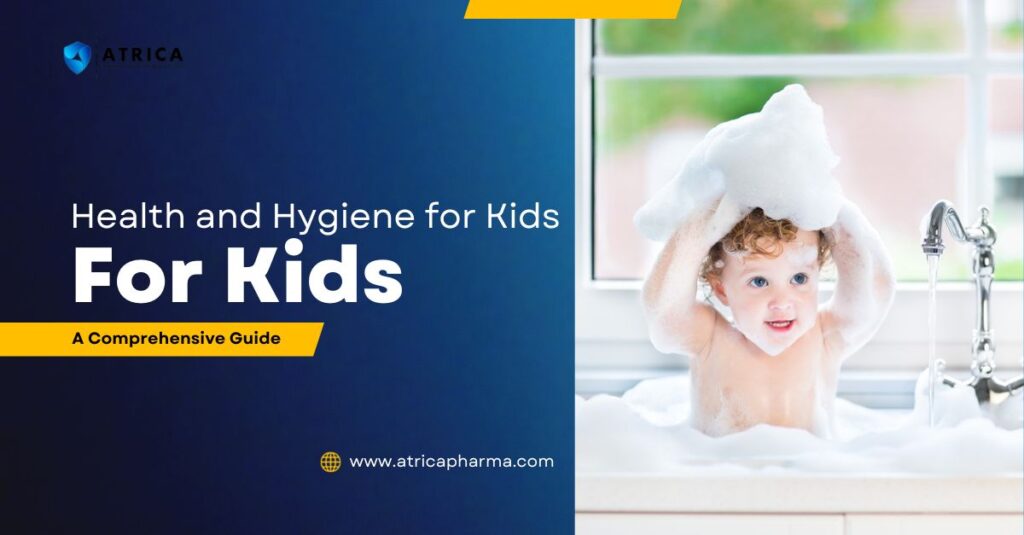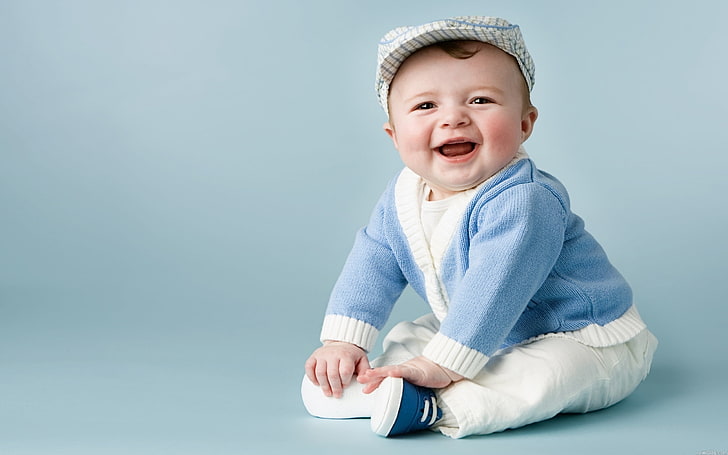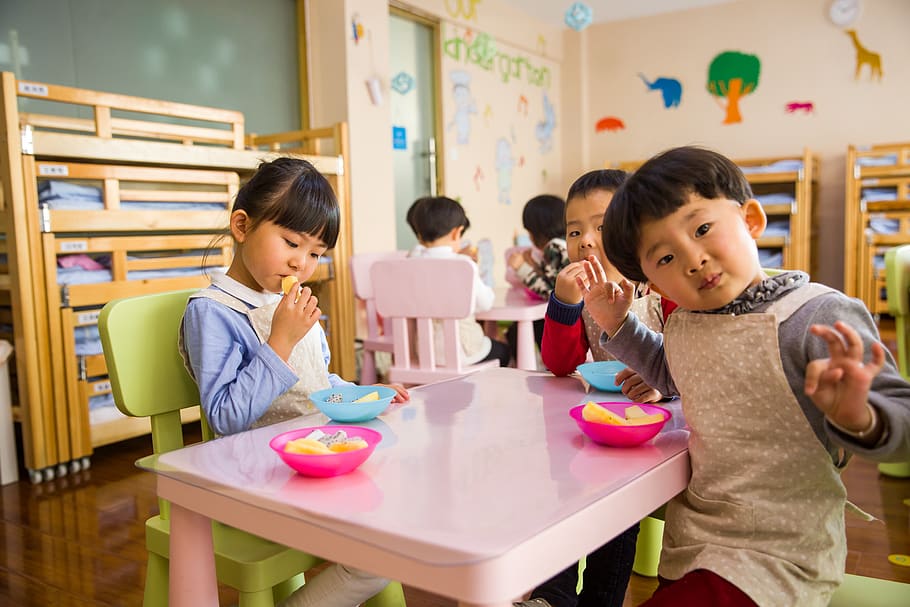
Health and Hygiene for Kids: A Comprehensive Guide to Keeping Your Children Safe and Healthy
In the realm of parenting, ensuring the well-being of your children is paramount. One of the fundamental aspects of their overall health and happiness is maintaining excellent health and hygiene practices. It’s not just about teaching kids to wash their hands or brush their teeth; it encompasses a wide range of habits that contribute to their overall well-being. This comprehensive guide will delve deep into the world of “Health and Hygiene for Kids,” providing you with valuable insights, tips, and strategies to help your children thrive. We will emphasize the importance of these practices and guide you through various aspects of child health and hygiene.

The Foundations of Health and Hygiene
To begin our journey, let’s establish the foundation of health and hygiene for kids. This means fostering habits that will last a lifetime. Here are some key practices to consider:

Hand Washing
Teach your kids the importance of frequent hand washing, especially before meals and after using the restroom. Proper hand washing can significantly reduce the risk of illness and the spread of germs.
Dental Care
Regular dental check-ups and daily brushing and flossing are vital to maintaining oral health. Start dental care early to prevent cavities and gum disease.
Bathing
Ensure your child bathes regularly, and use mild, child-friendly soap and shampoo. Pay special attention to cleaning their face, neck, and private areas.
Healthy Eating
Promote a balanced diet rich in fruits, vegetables, whole grains, and lean proteins. Proper nutrition is essential for growth and development.
Adequate Sleep
Encourage a consistent sleep schedule. Children need adequate sleep for their physical and mental development.
Physical Activity
Regular exercise is crucial for maintaining a healthy weight, strong bones, and overall fitness. Encourage outdoor play and fun physical activities.
Vaccinations
Keep up with your child’s immunizations as recommended by your healthcare provider to protect them from preventable diseases.
Health and Hygiene for Babies
For parents of infants and toddlers, ensuring health and hygiene is a little different but equally important. Here are some tips tailored to the youngest members of your family:

Diapering
Change diapers frequently, and clean your baby’s bottom thoroughly with mild wipes or warm water. Apply a diaper rash cream to prevent irritation.
Umbilical Cord Care
Keep the stump of the umbilical cord clean and dry. It will usually fall off within a few weeks.
Nail Care
Trim your baby’s nails regularly to prevent scratching, but be cautious not to cut too close to the skin.
Breastfeeding
If you are breastfeeding, ensure proper latch and hygiene when feeding. For bottle-feeding, sterilize bottles and nipples.
Burping
After feeding, gently pat your baby on the back to help them burp and prevent discomfort.
Child Hygiene at School and Play
As children grow and start attending school, it’s essential to maintain their health and hygiene outside the home. Here’s how you can ensure their well-being:

Packing Lunch
If you pack lunch for your child, ensure it’s nutritious and safely stored to prevent foodborne illnesses.
Hand Sanitizer
Teach your child to use hand sanitizer when soap and water aren’t available, especially at school or on outings.
Hygienic Play
Encourage your child to maintain good hygiene during playtime. They should wash their hands after touching animals or playing in the dirt.
Regular Check-ups
Schedule regular health check-ups to catch any health issues early and maintain immunizations.
Mental Health and Well-Being
Health and hygiene aren’t just about physical cleanliness. Your child’s mental health is equally important. Here’s how to ensure their emotional well-being:

Open Communication
Encourage your child to talk about their feelings and concerns. Create a safe space for them to express themselves.
Manage Stress
Teach stress management techniques like deep breathing and relaxation exercises. Ensure they have a healthy work-play balance.
Healthy Friendships
Discuss the importance of healthy friendships and how to handle conflicts or peer pressure.
Limit Screen Time
Set reasonable limits on screen time to encourage physical activity and face-to-face social interactions.
Quality Time
Spend quality time with your child to strengthen your bond and provide emotional support.
Child Safety Practices
In addition to health and hygiene, child safety is an integral part of keeping your children protected and secure. Here are some crucial safety practices:

Stranger Danger
Educate your child about the dangers of talking to or going with strangers. Create a code word or a specific trusted adult for emergency situations.
Fire Safety
Teach your child how to respond in case of a fire, including how to evacuate the house and call for help.
Water Safety
Ensure your child knows how to swim and the importance of water safety, whether at the pool, beach, or bathtub.
Car Seat Safety
Always use an appropriate car seat for your child’s age and size. Ensure it’s installed correctly.
First Aid Knowledge
Teach your child basic first aid, such as how to apply a bandage or call for help in case of an emergency.
Teenage Years and Beyond
As your child enters the teenage years, they become more independent, but the importance of health and hygiene remains. Here’s how to guide them during this crucial stage:

Puberty Education
Provide information on puberty changes, menstruation, and personal hygiene for both boys and girls.
Acne Care
Address skin care and acne management. Encourage regular face washing and the use of non-comedogenic products.
Safe Sex Education
Discuss safe sex practices, birth control, and the importance of consent.
Mental Health Support
Keep an open dialogue about mental health, and seek professional help if needed.
Substance Abuse Awareness
Talk about the risks of substance abuse and the importance of making responsible choices.
FAQs – Health and Hygiene for Kids
Why is health and hygiene important for kids?
Health and hygiene are essential for kids because they help prevent illnesses, promote physical development, and establish lifelong habits for overall well-being.
When should I start teaching my child about health and hygiene?
Start teaching your child about health and hygiene from a very young age. Basic habits like handwashing and dental care can be introduced as soon as your child can understand instructions.
How can I encourage my child to wash their hands regularly?
Make handwashing fun by using colorful soap, singing songs while washing, and explaining the importance of clean hands in preventing illnesses.
What is the right way to teach dental care to kids?
Teach kids to brush their teeth gently in circular motions and to floss regularly. A child-friendly toothpaste with a pleasant taste can make the process more enjoyable.
How can I ensure my child’s safety at school and during playtime?
To ensure your child’s safety, teach them about stranger danger, educate them on basic first aid, and ensure they understand water and fire safety.
What are some tips for maintaining my child’s mental health?
Encourage open communication, manage stress together, promote healthy friendships, limit screen time, and spend quality time with your child.
How do I address sensitive topics like puberty and safe sex with my child?
Approach these topics with sensitivity and provide age-appropriate information. Use reputable resources and be prepared to answer questions honestly.
How can I prevent my child from developing bad hygiene habits as a teenager?
Continue to emphasize the importance of hygiene and health throughout their childhood. Lead by example, and encourage self-care and responsible decision-making.
What should I do if my child is resistant to practicing good hygiene habits?
Be patient and consistent in your approach. Explain the reasons behind each habit, and make it a family routine. Offer positive reinforcement and praise when they do well.
Are there any resources or organizations that can help me with child health and hygiene?
Many resources are available, such as pediatrician’s offices, parenting books, online articles, and local health organizations. Additionally, there are parenting support groups that offer guidance and support.
Conclusion – Health and Hygiene for Kids
In the world of parenting, nothing is more important than ensuring the health and hygiene of your children. It’s a lifelong commitment, beginning with the foundations of hand washing and dental care and evolving into comprehensive practices for school, play, mental well-being, safety, and the challenges of the teenage years.
Remember, as a parent, you have the power to instill lifelong habits that will contribute to your child’s well-being and happiness. By prioritizing “Health and Hygiene for Kids,” you’re providing them with the best possible start in life, setting them on a path to a healthy and fulfilling future. So, embrace the role of guiding your children through the journey of health and hygiene, and watch them flourish in every aspect of their lives.